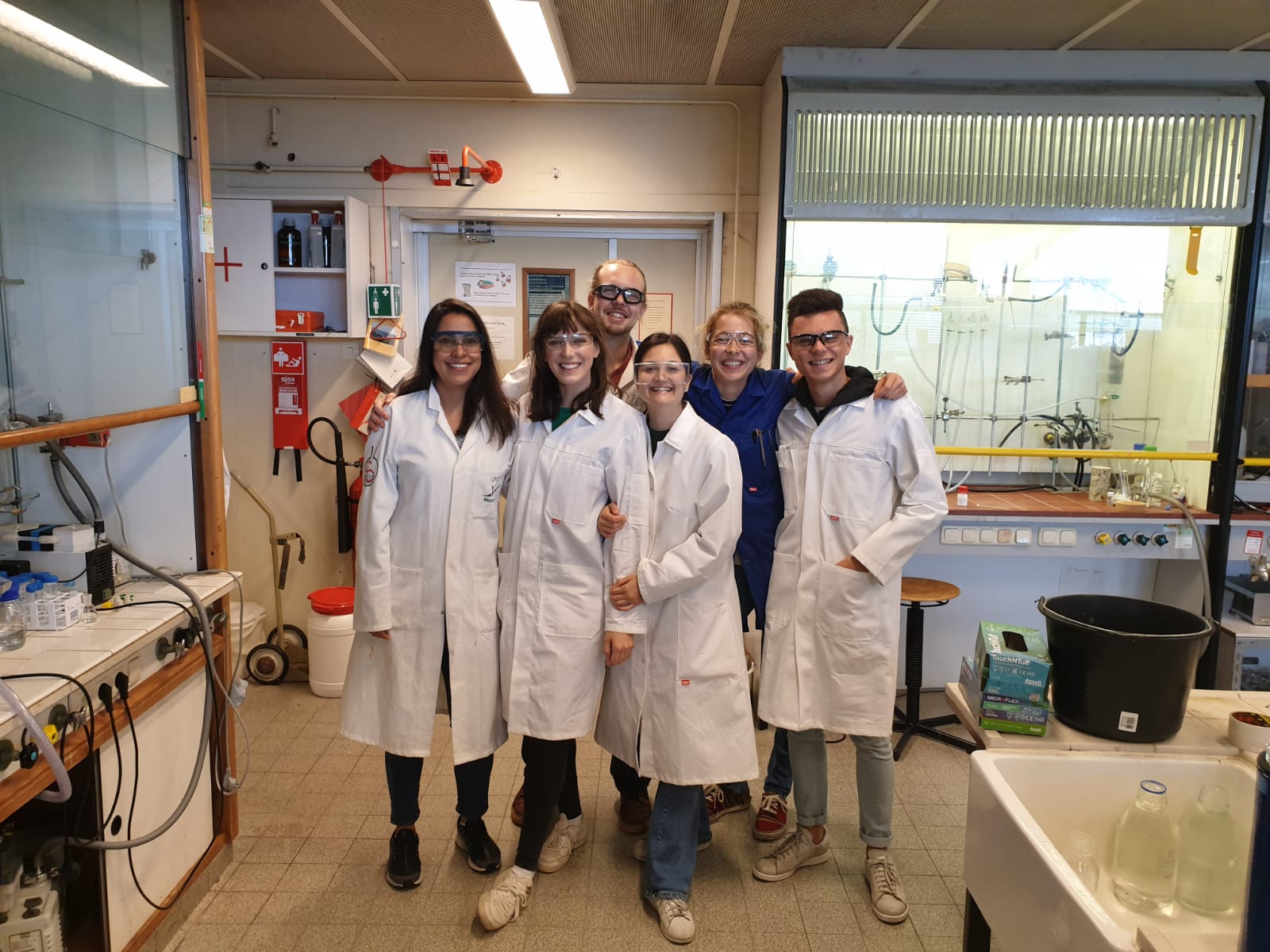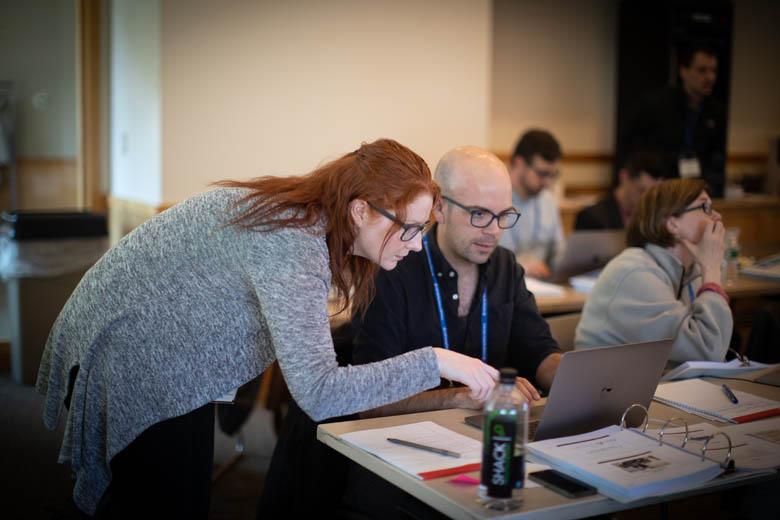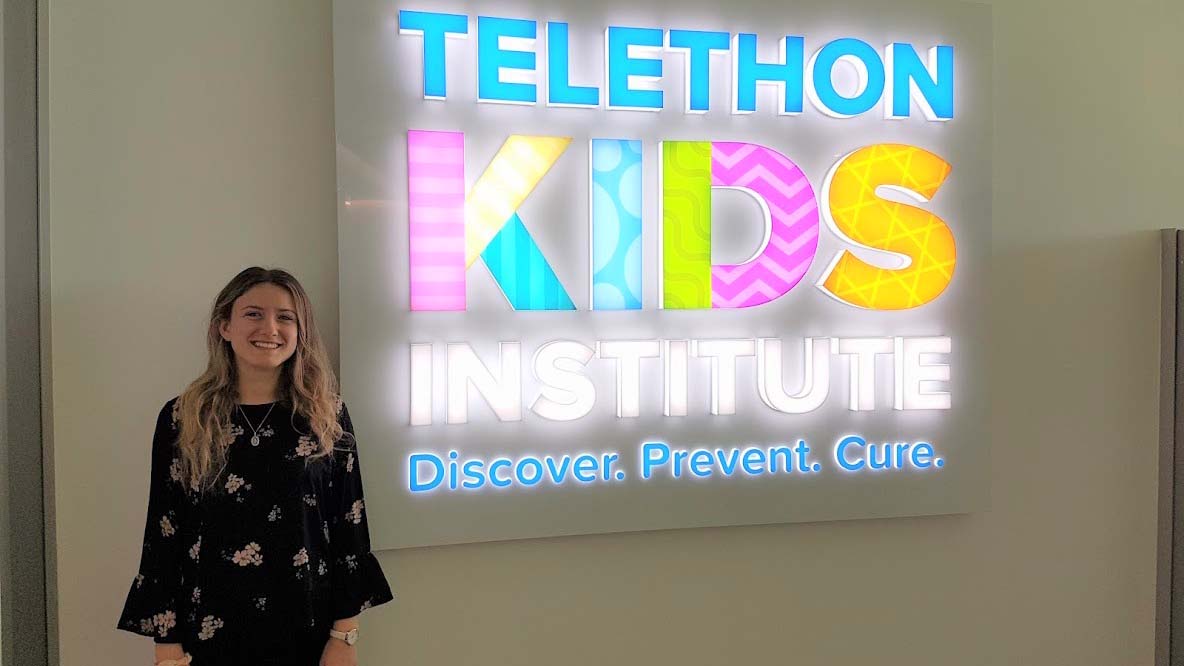Young MWC scientists gain valuable specialist research training
Over 2019 a record number of emerging researchers took up the opportunity to access valuable specialist research training and facilities, supported by the Maurice Wilkins Centre’s Flexible Research Programme.
The Centre provides early and mid-career researchers with a means to travel for short-term placements in research laboratories to gain experience in new techniques, access highly specialised facilities that are not available at their local institutions and to attend specialist training courses here in New Zealand or abroad.
As well as being of great value to the participants for their own research and personal development, they are able to amplify that value by sharing what they learn with others in the MWC network on their return. Keeping up to date with developments in state-of-the-art equipment and techniques being used around the world is also important for maintaining the Centre’s world-class research programme.
In 2019, we had more Category 4 funded researchers than ever before – 15 in total.
Ms Elyse Williams, a PhD student in the School of Chemical Sciences at the University of Auckland, spent five months in a lab at the University of Groningen in the Netherlands. During her visit, Elyse gained experience in photocatalysis and enzymatic catalysis, two emerging techniques for peptide/protein modification that are important in her PhD research.
“Bringing these new methodologies to New Zealand and the MWC will really give us an edge and hopefully we can produce more therapeutically relevant peptides,” said Elyse. “I was given the opportunity to present my research at the MWC Symposium in December 2019, where I shared my experience. I have also been able to apply my new skills in peptide/protein modification to my own PhD project”

Dr Matthew McNeil, a Research Fellow at the Department of Microbiology at the University of Otago, took the opportunity to attend a high-throughput biology workshop at the Cold Spring Harbor Laboratory in New York, USA. Taught in collaboration with the Canadian Bioinformatic Workshops, this seven-day course was very comprehensive and covered a range of key bioinformatics concepts and tools required to analyse DNA- and RNA-sequencing experiments.

PhD student Ms Alana Whitcombe from the University of Auckland’s Department of Molecular Medicine and Pathology, received funding to visit the Telethon Kids Institute at the Perth Children’s Hospital in Australia.
“While there, I learned valuable technical skills and expertise relevant to my research,” said Alana. “In particular, the use of multiplex bead-based immunoassays in Group A Strep seroepidemiology studies.”
“You get a little bit consumed with your own project. So it was great to see a different lab and workspace, and the kind of research others are working on.”
The new perspectives Alana brought back were put into practice during the height of New Zealand’s COVID-19 response in March/April 2020, for developing COVID serology antibody assays in MWC Principal Investigator Dr Nikki Moreland’s lab at the University of Auckland.
The MWC started this contestable programme in 2011 and since that time has supported 56 training opportunities for early and mid-career reseachers.
For full details and reports for all our 2019 Category 4 fund recipients, please see page 25 of the 2019 MWC Annual report.

For stories from previous Category 4 recipients, click here.